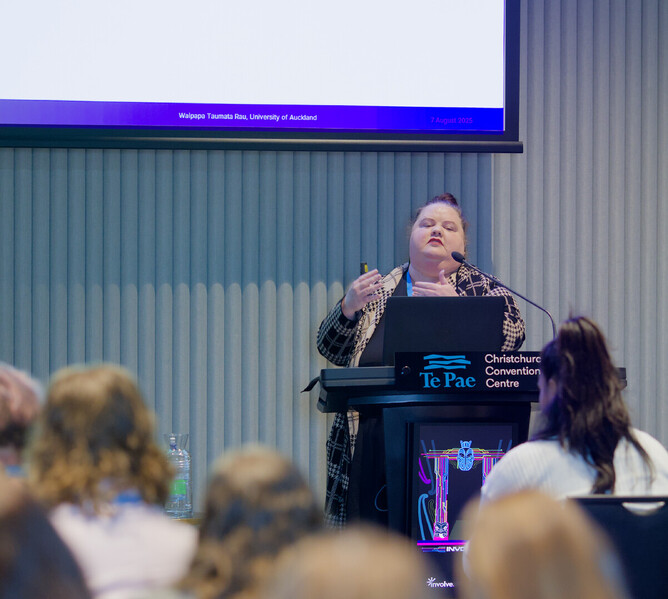It was a delight to attend the presentation by Dr Hilary Dutton at the 2025 INVOLVE conference in Ōtautahi Christchurch.
For some time now Hilary, with the support of a Rutherford Fellowship, has had a research focus on disclosure, a vital component of a sound, high quality, mentoring relationship. In a recent phase of this study, she asked 19 young people to talk about two memorable disclosure incidents: one when they disclosed and one where their mentor disclosed. She was interested in what young people say disclosure feels like for them.
At the conference presentation she reported her findings about the role disclosure plays in satisfying the human psychological need for autonomy. From her interviews she has noted two major themes about disclosure:
Mentees want control over what they share and when
There is a tension between autonomy and confidentiality.
Agency & disclosure
Her participants were very clear about their desire to control disclosure interactions in their relationships with mentors. They do not want to be pressured. If they choose to disclose it should be at a time that is right for them, and they want to do it at their own pace. Equally it is OK if they choose not to disclose. They said that the patience and respect exhibited by their mentors was really important to them.
Participants had clear ideas about what was appropriate to share and what was out of bounds, for themselves and for their mentors. They appreciated hearing their mentor’s personal experiences at appropriate times but did not necessarily want whole life stories. A mentor could give the young person autonomy by asking if they want to hear about a relevant personal experience.
'No' is a genuine option
Mentors have to make a mentee saying ‘no’ a genuine option – mentees feeling obliged to listen to stories or worried saying ‘no’ might jeopardise or affect what their mentor thinks of them isn’t autonomy supportive. Quality relationships with honesty and security should ease tensions around disclosure and it’s important that mentors are attuned to read the body language as well as hear the verbal indicators if the mentee is uncomfortable.
Confidentiality Issues
The second theme to emerge from Hilary’s findings was about issues related to confidentiality. Her participants were concerned about trust. Participants know that their mentor has an obligation to report around health and safety but to support autonomy young people appreciate it if their mentors are clear in advance about their obligations and where the boundaries are. Honest outlines of what will happen means that mentees then have all the information they need and can decide for themselves if they are willing to disclose when it will result in reporting to parents or other parties. This is informed decision-making and enhances, rather than constrains, mentee autonomy.
Autonomy is an action
Hilary concluded her short presentation by reiterating that it is important to understand autonomy as an action rather than a passive state. She argued that ‘recognising’ youth autonomy is passive, compared to intentionally ‘giving’ autonomy which reflects the active role mentors and youth workers play in providing opportunities for mentee decision-making, including in the way they handle disclosure. Mentors can purposefully help young people to learn the skill of autonomy and help them develop control over their own lives.
As always Hilary’s research has provided clear insights into the thoughts and experiences of young people in Aotearoa. I left the session uplifted and went on to enjoy a great conference

